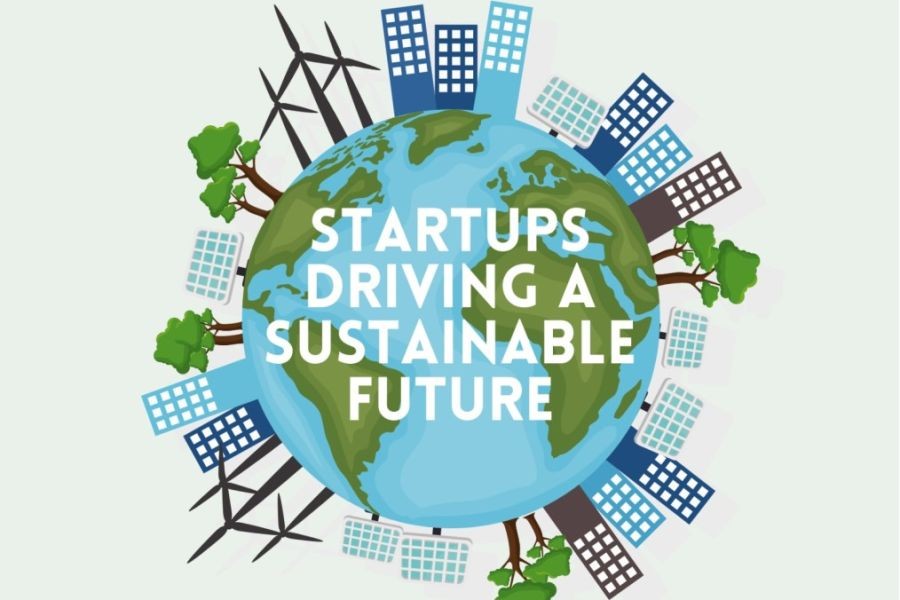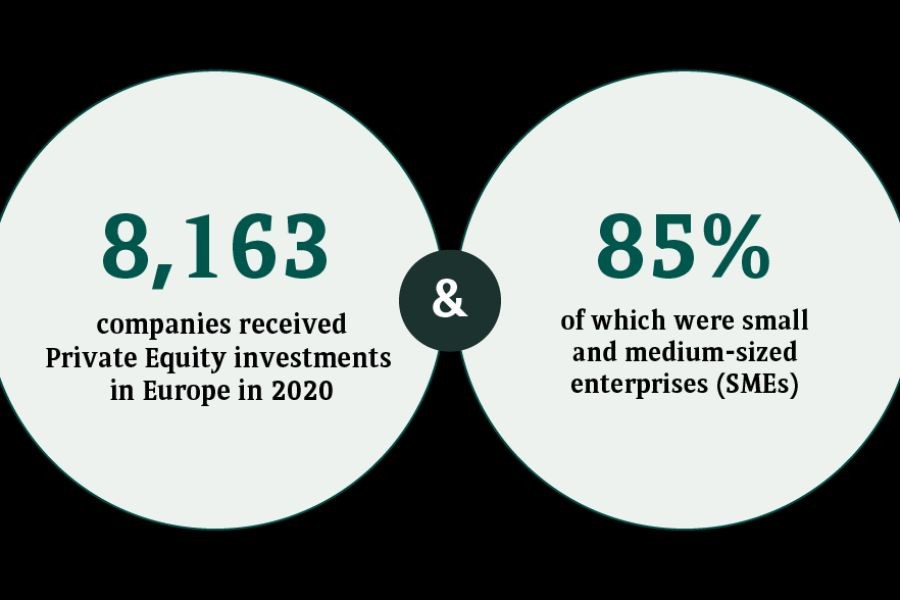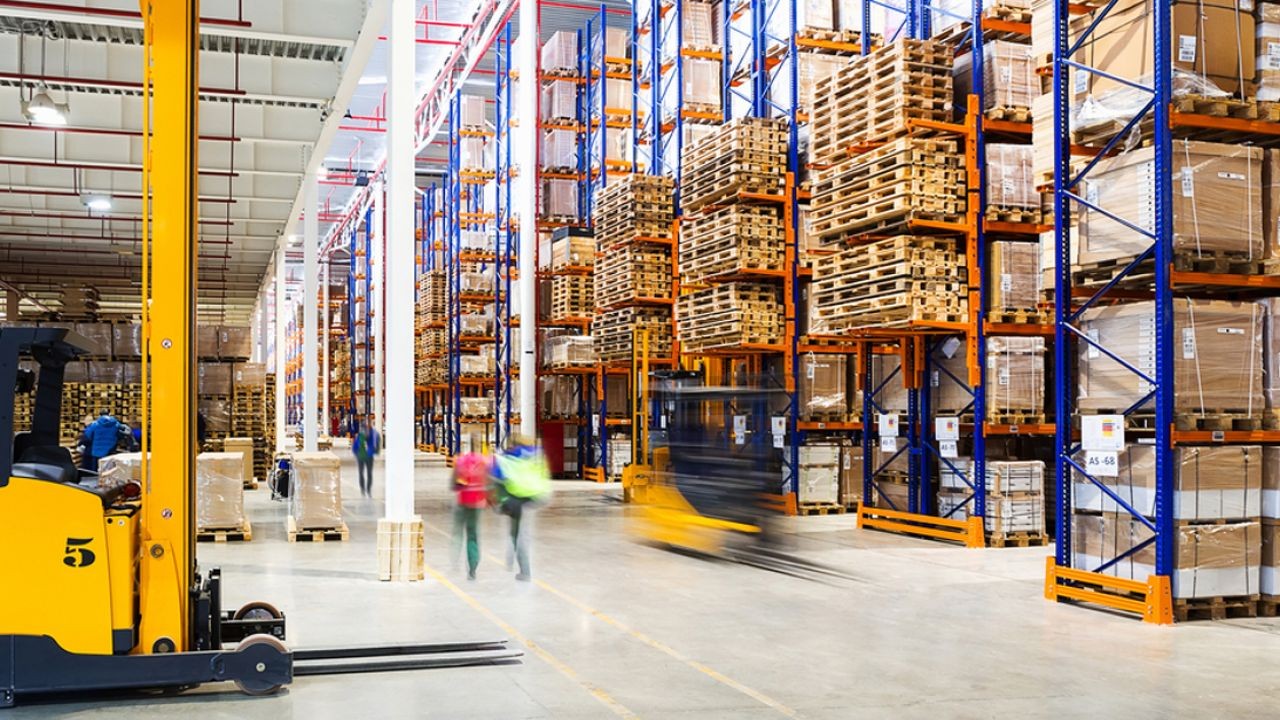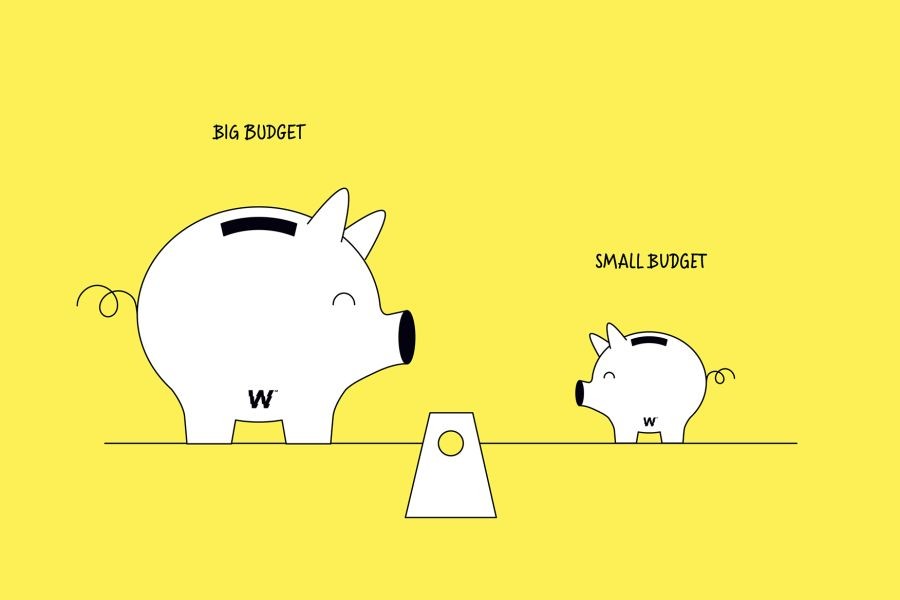The future of New Zealand's economy is poised on the brink of a green revolution. As global awareness of environmental issues continues to rise, the question arises: will green startups dominate New Zealand’s economic landscape by 2030? This article delves into the behind-the-scenes insights of this burgeoning sector, examining innovation, economic impact, and the potential for sustainable growth.
Understanding the Green Startup Ecosystem
New Zealand is renowned for its stunning natural landscapes, fostering a unique synergy between environment-focused businesses and local culture. The country's commitment to sustainability is evident in its policies, such as the Zero Carbon Act, which aims for net-zero carbon emissions by 2050. This legislative backdrop provides fertile ground for green startups to flourish.
The Rise of Green Startups
In recent years, New Zealand has witnessed a surge in environmentally-conscious startups. A report by the Ministry of Business, Innovation and Employment (MBIE) highlights that green startups have increased by 25% year-on-year since 2018. These enterprises span diverse sectors, including renewable energy, sustainable agriculture, and eco-friendly consumer goods, each contributing to New Zealand's green transition.
Case Study: Ecotricity – Pioneering Clean Energy
Ecotricity, New Zealand's only carbon-neutral electricity provider, exemplifies the potential of green startups. Founded in 2014, the company faced the challenge of competing against larger energy providers with established customer bases. By leveraging New Zealand's abundant renewable resources, Ecotricity has been able to offer 100% renewable electricity at competitive prices.
Today, Ecotricity has achieved a 40% increase in its customer base annually, proving the viability and demand for sustainable energy solutions. This growth underscores the potential of green startups to disrupt traditional industries while aligning with national sustainability goals.
Data-Driven Analysis: New Zealand's Green Economy
According to Stats NZ, the environmental sector contributed approximately NZD 6 billion to the country's GDP in 2022, a figure expected to grow significantly as green initiatives gain momentum. This economic contribution highlights the critical role green startups play in driving both innovation and sustainability.
Impact on Traditional Industries
As green startups continue to innovate, traditional industries face pressure to adapt. For instance, the agriculture sector, a cornerstone of New Zealand's economy, is increasingly integrating sustainable practices. The incorporation of precision agriculture technologies, such as drones and IoT devices, has reduced environmental impact while boosting productivity by up to 30% (Source: University of Auckland).
Pros and Cons of Green Startups Dominating the Economy
- Pros:
- Higher ROI: Green startups often experience rapid growth due to rising consumer demand for sustainable products.
- Long-Term Benefits: Sustainable practices lead to environmental preservation and reduced resource depletion.
- scalability: Many green technologies are adaptable across various sectors, promoting widespread adoption.
- Cons:
- Initial Costs: High upfront investments in technology and infrastructure can be a barrier for new entrants.
- Regulatory Concerns: Compliance with environmental regulations can be complex and costly.
- Market Volatility: Green markets can be subject to fluctuations in government policies and consumer trends.
Industry Insights and Emerging Trends
As the green economy evolves, several trends are emerging that could reshape the landscape by 2030. One notable trend is the increasing integration of artificial intelligence (AI) in sustainability efforts. AI technologies are being used to optimize energy consumption, reduce waste, and enhance resource management, offering cost savings of up to 30% for businesses adopting these solutions (Source: NZTech).
Case Study: Fonterra – Sustainable Dairy Practices
Fonterra, New Zealand's largest dairy cooperative, is leading the charge in sustainable farming practices. Facing criticism over its environmental footprint, Fonterra implemented an array of green initiatives, including methane-reducing feed additives and water conservation technologies.
The results have been promising, with a 20% reduction in greenhouse gas emissions and a 15% increase in water use efficiency. Fonterra's commitment to sustainability not only enhances its brand image but also sets a precedent for other industry players.
Debunking Common Myths
Despite the promising outlook, several myths persist regarding the green startup ecosystem:
- Myth: Green startups have limited market potential.
- Reality: Global demand for sustainable products is growing, with New Zealand exports of eco-friendly goods increasing by 18% annually (Source: MBIE).
- Myth: Sustainable practices are too costly for small businesses.
- Reality: Many startups leverage government grants and incentives, such as the CleanTech Innovation Fund, to offset initial costs.
- Myth: Green technologies are not as efficient as traditional methods.
- Reality: Advances in technology have led to green solutions that are often more efficient and cost-effective in the long term.
The Future of Green Startups in New Zealand
Looking ahead, the potential for green startups to dominate New Zealand's economy is substantial. By 2030, it is predicted that the green sector could contribute up to 15% of the national GDP, driven by continued innovation and supportive policies (Source: Reserve Bank of NZ).
Actionable Strategies for Businesses
- Leverage government incentives and funding opportunities to support green initiatives.
- Invest in research and development to enhance the efficiency and effectiveness of sustainable practices.
- Collaborate with industry leaders and academic institutions to drive innovation and knowledge sharing.
Conclusion
As New Zealand navigates the path to a sustainable future, green startups are poised to play a pivotal role in reshaping the economic landscape. By embracing innovation, leveraging government support, and committing to sustainable practices, these enterprises have the potential to lead the way toward a greener, more prosperous future.
What’s your take on the future of green startups in New Zealand? Share your insights below!
People Also Ask
How do green startups impact New Zealand's economy? Green startups contribute significantly to NZ's GDP, with the environmental sector adding approximately NZD 6 billion in 2022. Their growth drives innovation, job creation, and sustainable practices.
What are the challenges faced by green startups in New Zealand? Challenges include high initial costs, regulatory compliance, and market volatility. However, government incentives and a growing demand for sustainability help mitigate these factors.
How can businesses transition to sustainable practices? Businesses can start by leveraging government incentives, investing in R&D, and collaborating with industry leaders. Adopting green technologies and optimizing resource management are key strategies.
Related Search Queries
- Green startups in New Zealand 2030
- Sustainable business practices NZ
- Impact of green economy on NZ GDP
- Renewable energy startups in NZ
- Eco-friendly products demand NZ
- AI in sustainability trends NZ
- Government incentives for green startups NZ
- Future of eco-friendly businesses in NZ
- Challenges for green startups in New Zealand
- Green startup funding opportunities NZ































